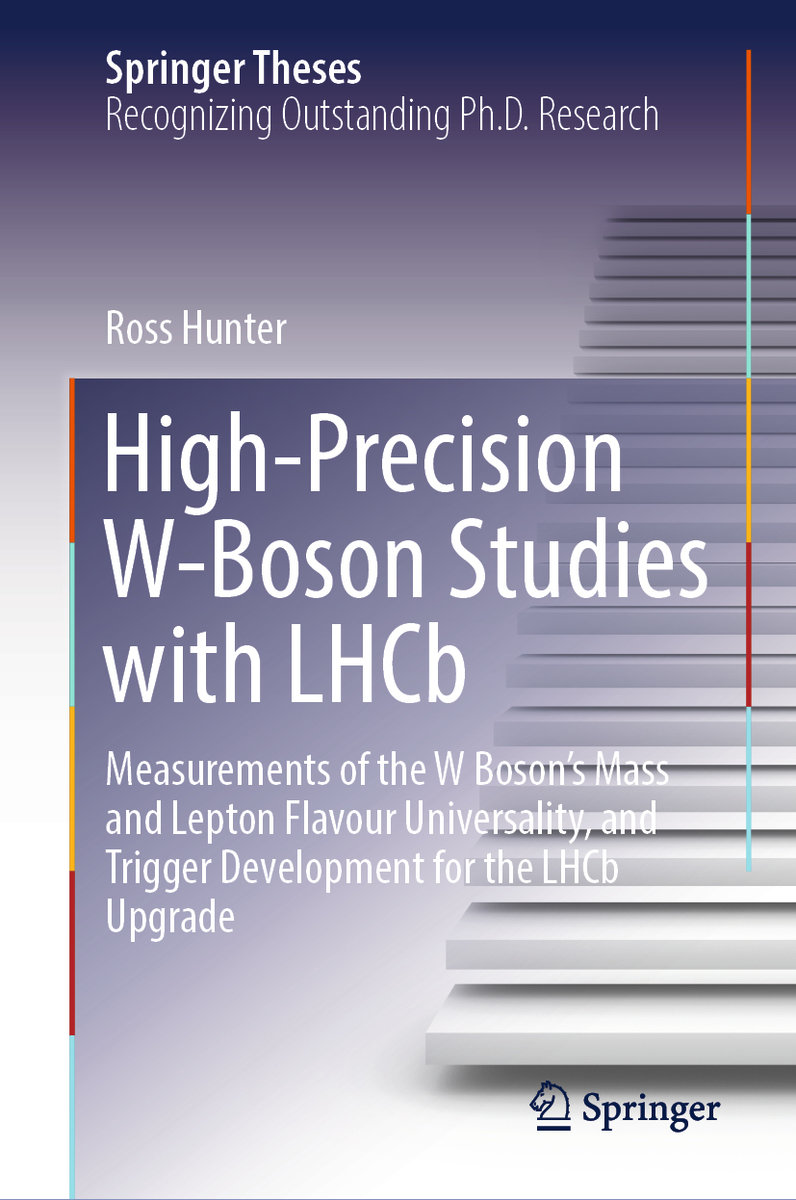This book details a new and ground-breaking contribution to the search for a successor to the Standard Model (SM) of particle physics - the largest modern endeavour in the field. In the hope of seeing a discrepancy with the SM's predictions, this work discusses two hitherto unforeseen measurements at the frontier of experimental precision: a measurement of W-boson mass and a test of the fundamental axiom of the W boson's lepton flavour universality (LFU). Both measurements are made by analysing collision data from the LHCb experiment at the Large Hadron Collider (LHC) at CERN, and represent the establishment of a new field of high-precision Standard Model tests with LHCb. This book also describes the development of new software tools for the optimisation of the LHCb trigger system, which helps to ensure that LHCb's exciting physics program can continue to prosper into the future. This book is accessible to those with graduate-or master's-level training in experimental particle physics.



